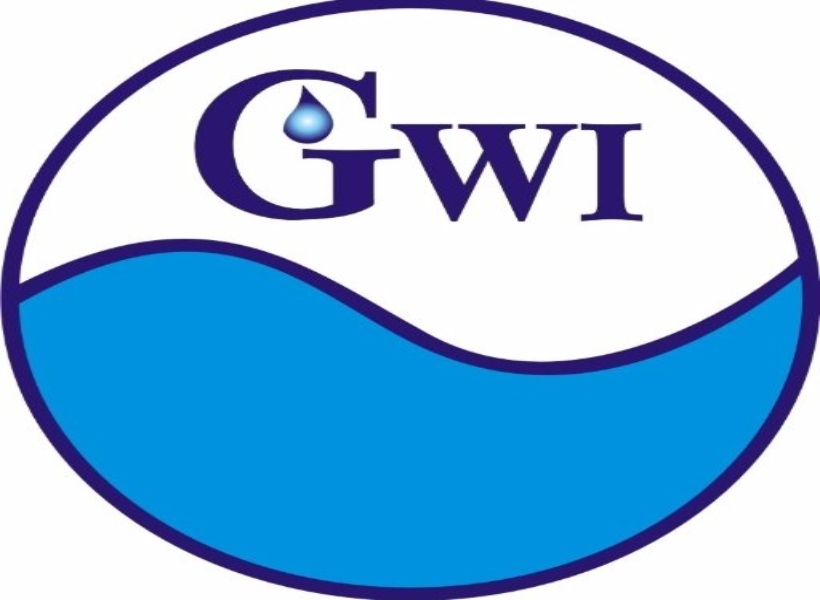Close to 1,500 residents of Nappi, Parishara, and Hiowa
Under the Japan-Caribbean Climate Change Partnership, the two parties are working towards increasing resilience of indigenous communities to vulnerabilities in the drought period, through improved water quality, access and storage.
The pilot project will see GWI installing 12 additional water tanks for communal wells in the three communities as well as three water purification tanks to ensure water quality that meets international drinking standards.
Further, GWI will be conducting well inspection/pump testing to measure potential yield capacity for seven wells.
These wells have already undergone pump tests and have already been assessed for details relating to well conditions and the amounts of rehabilitation works needed.
Increased extraction from communal wells will also be done, by increasing solar power capacity, increasing the number of extraction of wells and conducting rehabilitation works to the storage structure.
Rainwater harvesting infrastructure will be installed at the new nursery school in Hiowa.
GWI will be procuring a resistivity meter which will provide information to guide future exploration to determine suitable locations to drill for groundwater in the three villages.
The utility will also provide technical expertise as well as in kind contribution to complete designs for electrical modifications, installation of solar arrays, transportation of goods and personnel to work in the communities, maintenance of the systems, monitoring of Water Quality as well as the training and development of the Standard Operating Procedures.
As a result of this project, there will be some 12,000 US gallons of increased storage capacity which meets international drinking water standards. Some 11.6 kWh of renewable energy capacity will also be installed in target areas.
Additionally, 15 persons will be trained in climate change adaptation principles and techniques related to installation and maintenance of community-based water systems. These persons include community members, GWI staff, personnel from the Office for Climate change and regional personnel.













